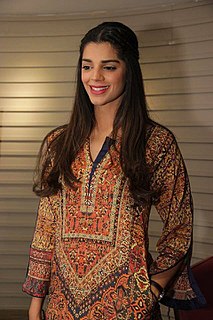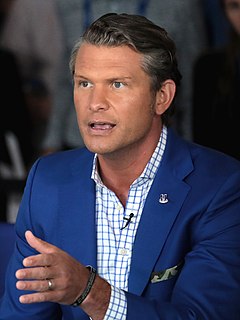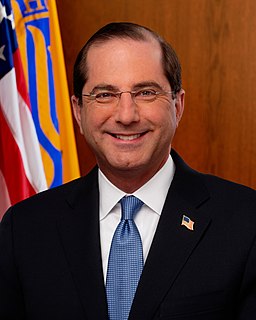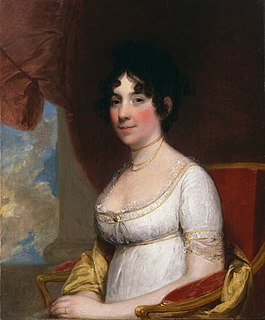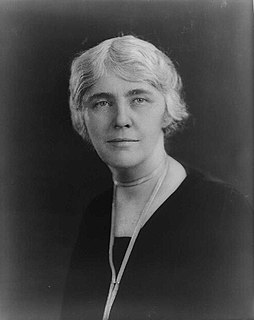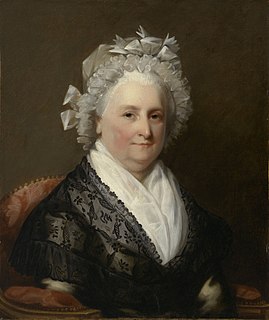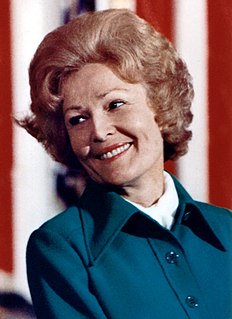A Quote by Laura Bush
There are gender health differences, and we need to know what they are.
Quote Topics
Related Quotes
I grew up with a sense of tolerance. I don't know that there was any talk about gender differences. It was respect for people. So when I became a professional and saw that there were a lot of differences in the sense of how people lived their lives, I became respectful of their territory, of their thoughts and their ideas, and it was never a problem for me to feel that this is my sister, this is my brother.
Men have influenced my activism and feminism both positively and negatively. As most gender differences are social, not genetic, we still need to change what we do and what we expect of each other... The potential exists for societies where men and women do not have to conform to unwanted stereotypes.
We need to start identifying the triggers that aggravate mental health issues in our society - bullying, social media negativity and anxiety, gender based violence, substance abuse, stigma around issues such as maternal issues, etc., and we need to speak up about these more and get to the source of the problems.











